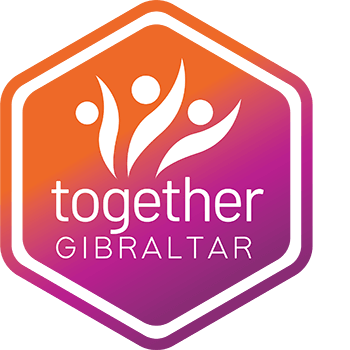On Marlene’s Movement
By Mark Montegriffo
Gibraltar “sorely needs an alternative”, in the words of Independent MP Marlene Hassan Nahon. Indeed, this is not an uncommon sentiment. The feeling is that the way politics is conducted here, especially in the posturing in parliament and ping-pong of press releases, is fundamentally antagonistic. Party politics, in its current form, has lost touch with the people. There is a growing underbelly of discontent at the absence of a real representation in upper echelons of power that reflects the wider community.
Politics, sadly, has an indomitable effect on everyone’s lives; whether it acts for the good or the bad. Wherever there is a relation of power – be it in the workplace or at the ballot box - there exists a political relationship that people power can shift. This is exactly why there is always potential for empowerment almost irrespective of the circumstances. It is also why nothing is set in politics. We have seen this with Macron’s ‘En Marche’ movement in France that, in a matter of a year, managed to inspire the nation under the politics of hope to defeat the main parties and, of course, the far-right Marine Le Pen.
Movements can be vehicles for change in ways that traditional parties no longer can, and this is recognised by Hassan Nahon - “The fact that you’ve had mainly two parties in government for the last 20-odd years and there has been so much antagonism between the two sides that I think moving forward to the 21st century with Brexit and all the other things that are going on in Gibraltar…we need a unified vision for the 21st century.”
Parties in Gibraltar are inextricably linked to their perceived most prized leader. It is rare that a party fully shakes off the personality cult and survives healthily afterward...and so far unprecedented in Gibraltar. This makes the idea of launching a movement such a clever direction. Hassan Nahon, by launching a movement, is not only making it clear that Gibraltar needs something that is above and beyond the spectre of personality politics. She expressed in last week’s interview with GBC that “we’re working on a collective, on a movement in order to gauge what is needed in Gibraltar, what people want on the basis of values which are egalitarian, progressive and transparent at a time when Gibraltar needs it the most.”
Use of words like ‘collective’ and ‘grass-roots’ are an indication that the project will be a platform for the people as opposed to the lawyer-led parties that Gibraltar is more than accustomed to. In fact, Hassan Nahon’s late father Sir Joshua Hassan is quoted as saying in his biography ‘Fortress to Democracy’: “I did not want the AACR to be started as a party created by just another lawyer who was getting into politics”.
A movement can provide the environment where concerns are exchanged freely, as opposed to the mentality of a party where scope for dialogue may be rather limited. Only if it uses that to its advantage can it fill the vacuum of the “solid and constructive Opposition and a Government in waiting”, as the GSD hunt for a new leader in the coming months. To be successful, the project in question must build a case to offer a real alternative to the electorate on the way politics is done in Gibraltar. It must tap into the perceived political stagnation under the two major parties due to the antagonism between them while also rising above the ‘Punch and Judy’ show.
It is still early days and the movement is not yet launched. However, one can imagine that it will target the political apathy that sometimes surfaces as a governing party is ruling in comfort and an opposition party is reaching out to possible candidates for an internal leadership dialogue. Detached from the past of the two main parties, the movement can credibly challenge the core issues that are holding back Gibraltar, several of which many people have long considered to be an integral part of politics on the Rock, but which could now be called out and a solution be discussed openly. It is time for those concerned to talk about a unified roadmap for the 21st century, and this could provide the new political home that a growing number have been waiting for.

